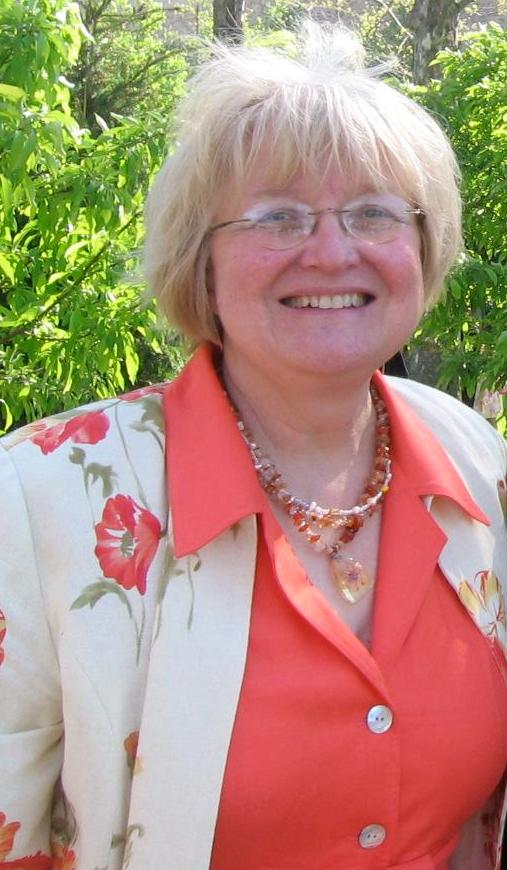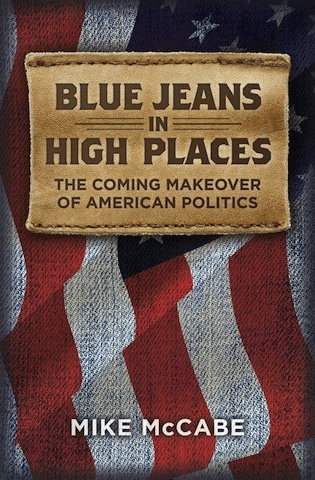Mike McCabe, current Executive Director of the Wisconsin Democracy Campaign, will resign his position at the end of the year to take on the challenge of helping us literally save our democracy. His new book Blue Jeans In High Places: The Coming Makeover Of American Politics is the launching pad for this new venture. We recently connected with him to talk about the reasons why he chose to leave his current position, what the book represents, and his hope for the future. Click here for more information on how to order Blue Jeans in High Places
________________________________________________________________________
"You know the old saying that the definition of insanity is doing the same thing over and over again and expecting a different result. In a lot of ways, many of us have been engaging in what is by definition, insanity. Our democracy is increasingly troubled, yet we somehow expect a different outcome even though we're doing the same things over and over. I finally had to come to terms with that reality. I believe passionately in the Wisconsin Democracy Campaign and its work, but I looked at my own role and said, I could do the same thing that I had been doing for 15 years. I could track the money; I could help citizens follow the money trail; I could fight for reform. But no matter how many times I took that agenda up the steps of the state capitol (in Madison, Wisconsin)"if there's nobody inside that Capitol who's going to greet us at the door and fight for that agenda; we're still blocked.
"I came to the conclusion that this is a moment that cries out for some political game changers. Over the last few years, I had opportunities to speak to incredibly diverse groups across the state. That's what ultimately inspired me to write this book, which I hope can plant some seeds that grow into a new movement aimed at building housing for the politically homeless and transforming political parties that are currently failing us.
"The book describes how our political culture has created a condition that boils down to having one party that's scary and another party that's scared. The two parties are failing us in different ways, but they are failing us nonetheless. We are at the highest level in nearly three quarters of century of people not identifying with either party. To me that screams out for political invention.
"The prescription offered in the book is how we need to break free of how we've been conditioned to talk about politics. For example, we've been trained to think of politics horizontally, who's on the left, who's on the right, who's in the middle. If you flip that horizontal spectrum on its head and think vertically and think of who's on top and who's on the bottom; who has the most power and who has the least; whose voice is the strongest and whose is the most muted -- a really magical thing happens.
Not A Third Party, But A "First Party"
"We're needlessly dividing people who should be united. The book is about how we can start thinking about politics in a new way that enables us to get out of the traps that have been set for us. I think that we've fallen into patterns of behavior that leave us dispirited and powerless. This is a moment that cries out for political invention and innovation and even cries out for a new vocabulary. We need to teach ourselves how to think and talk about politics differently than how we've been conditioned.
"Ultimately we need (and what I talk about in the book) a First Party Movement, which is very different from a Third Party Movement. We have grown disillusioned with the two major parties. We've had dalliances with independent or third party candidates; all have disappointed. Ultimately we end up holding our noses and voting or withdraw and throw up our hands. That's the condition that is the most concerning. We are living through the politics of resignation. What I'm suggesting is that there's another option that has proven powerful in the past and one we've forgotten. The goal is fundamentally very different than a third party movement. With a first party movement the goal is to have one party that's worth a damn.
"I think hope can be found in our own history -- especially in Wisconsin. The people of our state faced remarkably similar conditions to what we face today. The same is true nationally. The challenges, the threats to democracy are eerily reminiscent to the threats in the late 1800s. Born out of that crisis was a movement that proved landscape altering; it changed American politics fundamentally and it had roots right here in Wisconsin. One of the things we overlook is Bob La Follette and the growth of the Progressive Movement. We forget t one of the first things La Follette did and one of the most important steps he took was to change his political identity. He was a Republican and he came to believe that his party had become corrupt. The first step he took was to renounce his party identity. He created a new identity; he stopped calling himself a Republican and he started calling himself a Progressive. Eventually you had Teddy Roosevelt running as a Progressive on the Republican ticket and some years later Woodrow Wilson ran as a Progressive on the Democratic ticket. Mainstream politicians in both parties felt they had no choice but to embrace this party and the accompanying agenda because that's where the people were.
"I think the revolutionary step he took was in renouncing his old political identity and embracing his new one. And I think we've reached a moment that is crying out for a new political identity. We can take comfort from and draw inspiration from our own history. These conditions have been faced before and people rose up against the Koch Brothers and the (Sam) Waltons of their time. They were able to overcome those forces and there are lesson we can draw from that. We don't face anything today that is too big for us, or any threat that can't be overcome. We need to put some of that political currency back into circulation.
(Note: You can view every article as one long page if you sign up as an Advocate Member, or higher).






